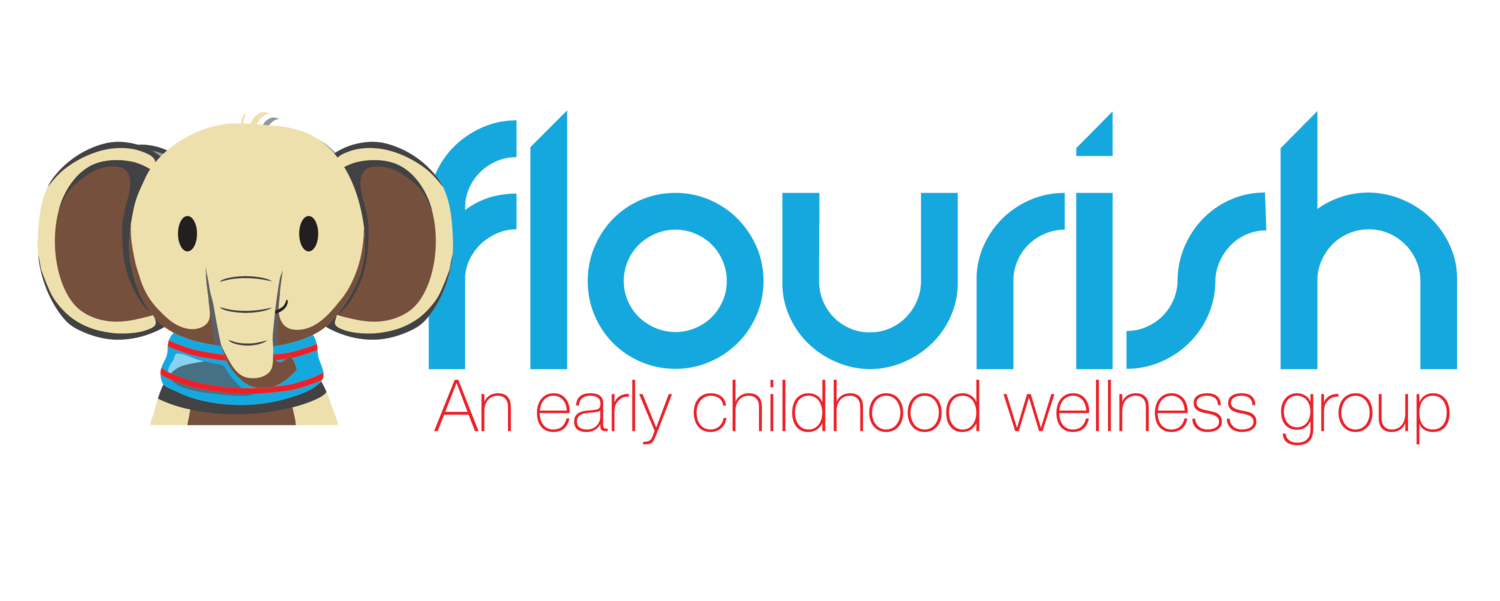Revised Drug Screening Procedures
1. Introduction
The following procedures outline the process for drug screening at CSR as part of the intake process for clients.
2. Client Participation
Clients will be asked to participate in a drug screening using a urine sample upon intake at CSR.
They will be asked to complete a "Quick Cup" screen at CSR, facilitated with the necessary facilities and materials for urine collection.
3. Administration of Test
The drug screening test will be administered and the results read by the RN or Psych Tech.
4. Privacy and Dignity
The privacy and dignity of the individual will be ensured during specimen collection, which will be performed in a respectful manner.
5. Positive Screens
Positive screens will be considered in conjunction with other determinants for:
Treatment or care, and
Appropriate interventions and referrals.
These revised procedures aim to ensure a respectful and comprehensive drug screening process for all clients at CSR.
Peer Support Services in the 23-Hour Stabilization Program
Service Description:
Peer Support Services plays a crucial role in promoting client resiliency and recovery within the BHCS continuum of care. This service is specifically tailored to support individuals participating in the 23-hour stabilization program. Peer Support Specialists (PSS) are integrated into the workforce to provide empathetic and non-judgmental support to clients, drawing from their own lived experiences to foster an environment of understanding and encouragement.
Procedure Outline for Working with a Peer Support Specialist:
1. Referral: Clients participating in the 23-hour stabilization program can be referred to a Peer Support Specialist by their primary counselor or the program coordinator.
2. Initial Meeting: The Peer Support Specialist will initiate an initial meeting with the referred client to establish rapport and understand the client's unique needs and recovery goals.
3. Ongoing Support: Based on the initial meeting, the Peer Support Specialist will provide ongoing one-on-one or group support sessions to empower the client, build resiliency, and promote recovery.
4. Collaboration: The Peer Support Specialist will collaborate with the client's primary counselor to ensure that the support provided aligns with the overall treatment plan.
5. Evaluation: Regular evaluations of the impact and effectiveness of the Peer Support Services will be conducted to ensure continuous improvement and alignment with the client's recovery journey.
In FY23, the Crisis Center and CSR successfully introduced Peer Support Services into their programs, marking a significant step towards fostering an inclusive workforce and enhancing the quality of care provided to clients.
2A (30) (a-c) Peer Input: At the Crisis Center and CSR, Peer Support Specialists are employed under the category of CSA II. Employees who have completed certification are also known as Certified Peer Recovery Specialists (CPRS). Employees who are working toward this certification are known as Peer Support Specialists (PSS). CSA II Staff will assist the programs in their design, development and implementation of services offered.
Input from the CSA II staff is achieved through their participation in a multitude of activities for the Crisis Center and CSR. This includes meeting with new employees as they orient to the Crisis Center and CSR to explain their unique role in assisting the recovery of clients. In addition, CSA II staff will fully participate in monthly staff meetings, email exchanges, and they will attend the daily Clinical Team Meeting, when assigned to CSR for planning of services. Prior to new admissions, where a need for services has been identified by the Supervisory Therapist, CSA II staff will be provided with client information and will be asked for input on the development of a plan to assist the individual. In the Operations Room, as cases are identified, CSA II staff will be fully included in consultation, planning and implementation of services for walk in clients and, when included in the Mobile Crisis Outreach Team (MCOT), the CSA II staff will be fully included in case discussion, information sharing, planning and implementation for responding to the crisis outreach call. Where indicated, the CSA II staff will conduct follow ups for the persons served.
2A (31) (a-b) Defining the Peer Role: All employees for both Crisis Center and CSR services will be educated on the roles of the CSA II staff. This will occur during orientation and through trainings, such as the Relias On-Line Training System and team meetings.
2A (32) (a-c) Competency Training: It is accepted by BHCS that CPRS staff have received initial documented competency-based training. These certified staff must complete 20 hours of peer recovery specialist training, including a 6-hour Ethical Consideration course for recertification every 2 years.
For the PSS staff, the following will apply:
PSS staff will receive training that follows the curriculum developed by the Maryland Behavioral Health Professional Certification Board (MABPCP). PSS staff must complete 46 hours of behavioral health peer training including:
· 10 hours addressing advocacy
· 16 hours on ethical responsibility
· 10 hours on mentoring and education
· 10 hours on recovery and wellness
In addition, CSA II staff will receive, through supervision with the Program Manager and participation in designated trainings, further education related to their responsibilities for the following:
Client engagement
Information about referrals to community supports and services
Group facilitation in CSR
Effective ways to share life experiences including, if applicable, parenting skills
CSA II employees will participate in the 40-hour Crisis Intervention Training (CIT) with our law enforcement partners to further educate and prepare for the provision of services with the Mobile Crisis Outreach Teams.
